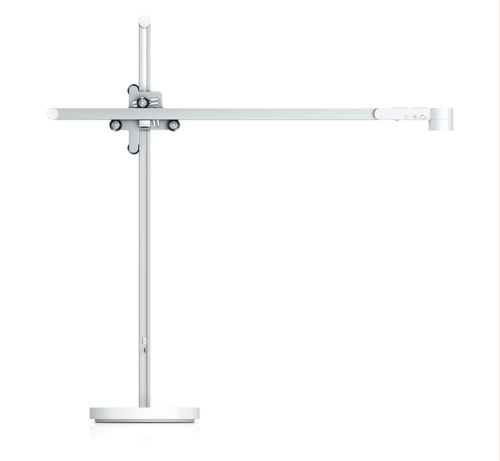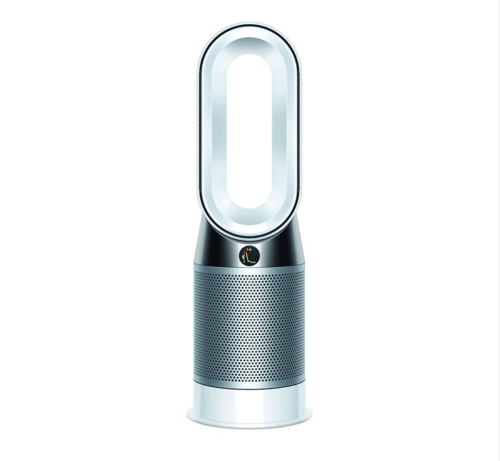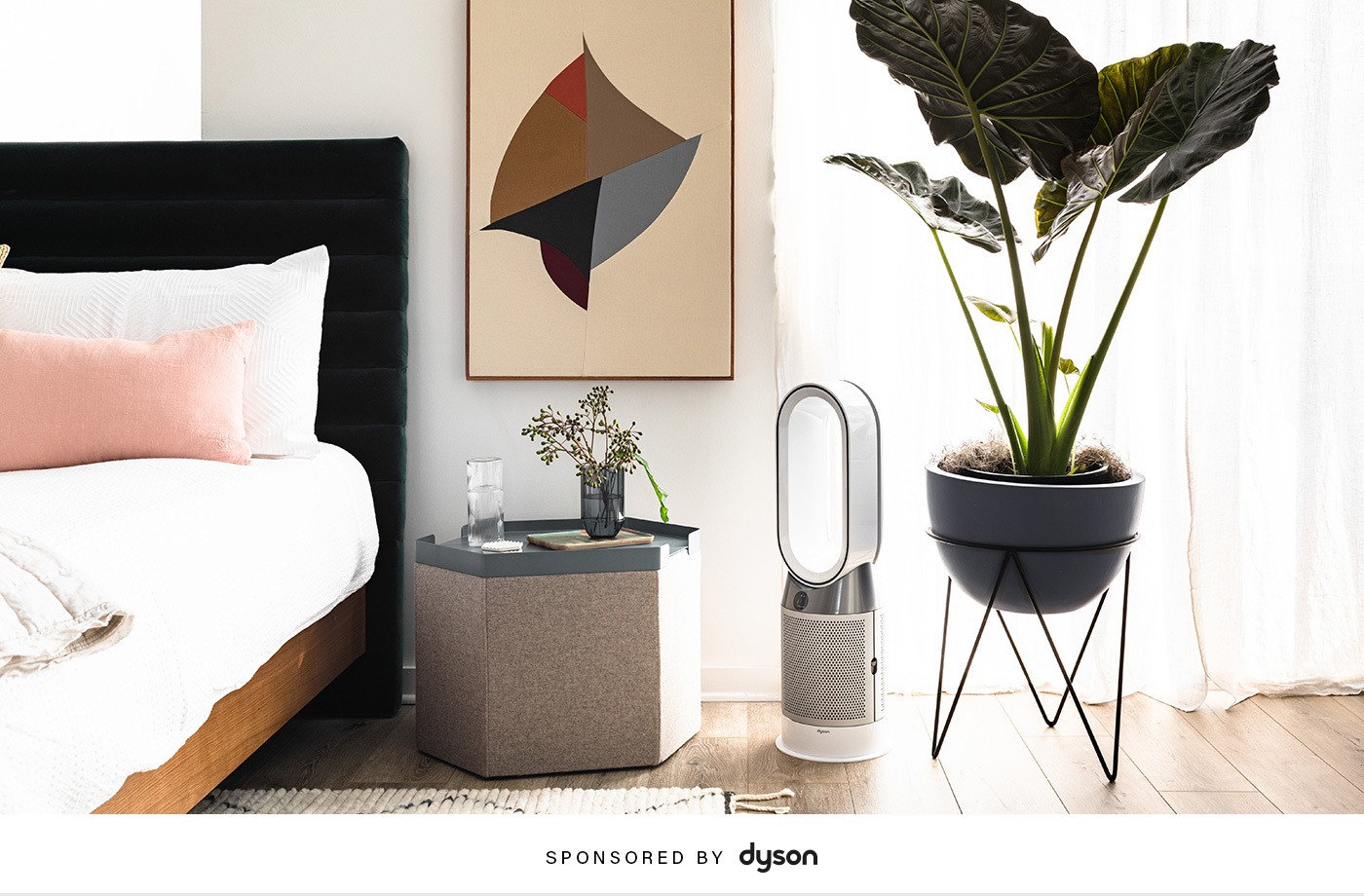
September 18, 2019 at 04:30AM by CWC
I don’t have many talents, but sleep is definitely one of them. On any sleepover I’ve ever had, my friends have marveled at my ability to fall asleep immediately when I hit the pillow, and the fact that I almost always sleep solidly through the night strikes them as extremely unfair (since most of them count themselves among the 60 percent of Americans who could use a helping hand for how to improve sleep).
But recently, after two particularly restless nights in a row, I started to worry I was losing my gift. In an effort to preserve it, I asked Christopher Winter, MD—a neurologist specializing in sleep and the author of The Sleep Solution—for his input on ways to support better sleep.
The good news: He totally believes in the ability to improve and maintain sleep quality (thank goodness), and thinks many people underestimate the importance of that effort. “Many still look at it as a static trait and not a modifiable variable,” Dr. Winter explains. “’I’ve never been a good sleeper’ is not the same as, ‘I’ve never been a tall person.’ You can improve your sleep!”
Several of his tips focused on the air in my sleep environment (i.e. keeping it cool and smelling fresh), but the tool I wasn’t expecting to ever link to sleep? An air purifier. I know colder is better at night, but I figured switching on my ancient window AC unit before bed would do the trick. Not so, apparently.
Dr. Winter sent me two studies—from 2016 and 2018—showing that when air quality and ventilation were improved, the participants in the study recorded better sleep.
ADVERTISEMENT
ADVERTISEMENTKate Spade Autumn/Winter Sale |
To see if those results would hold true in my experience, I set up the new Dyson Pure Hot+Cool air purifier in my bedroom and got to snoozing.
Scroll down to see if my air quality experiment actually helped my sleep, plus more tips on how to improve sleep from Dr. Winter.
What’s the big deal with air purification anyway?
Since leaving the windows open like they did in those studies isn’t really an option for me (see: New York City grime), my apartment is just circulating the same old stale air with all the cleaning products, perfume, and cloud of dry shampoo I use on a weekly basis added to the mix.
All those substances—plus others like gas stoves and new furniture—fall into the category of indoor air pollution, which the EPA has noted can cause both long- and short-term health problems.
Rather than try to nix all the indoor pollutants in my life (because TBH I don’t think I could live without dry shampoo), I used the Dyson Pure Hot+Cool to help eliminate them. The purifier works by circulating air to maintain a cool temperature throughout the room, while also capturing pollutants and purifying the air. Because, if you didn’t know, now you know: Pollution definitely isn’t just an outside problem.
How it worked
Some people swear by sleeping with a fan. I am not one of those people. The moving air annoys me, so one thing I immediately liked about the Dyson was that I could set it to circulate airflow around the room instead of directly on me. And, if I really didn’t want it blowing in my direction, I could just hit a button to direct the airflow out the back of the machine.
I positioned the Dyson across from my bed, and it definitely assisted in cooling the entire room without touching the AC. The next morning I woke up feeling cool (normally I’m ready to throw the covers off by the time I wake up).
The Sleep Cycle app I use to track my sleep said I got 90 percent sleep quality my first night using the Dyson Pure Hot+Cool (as opposed to an average of 79 percent across the previous week), and a message saying “Few movements” popped up in the morning. Translation: I slept like a rock.
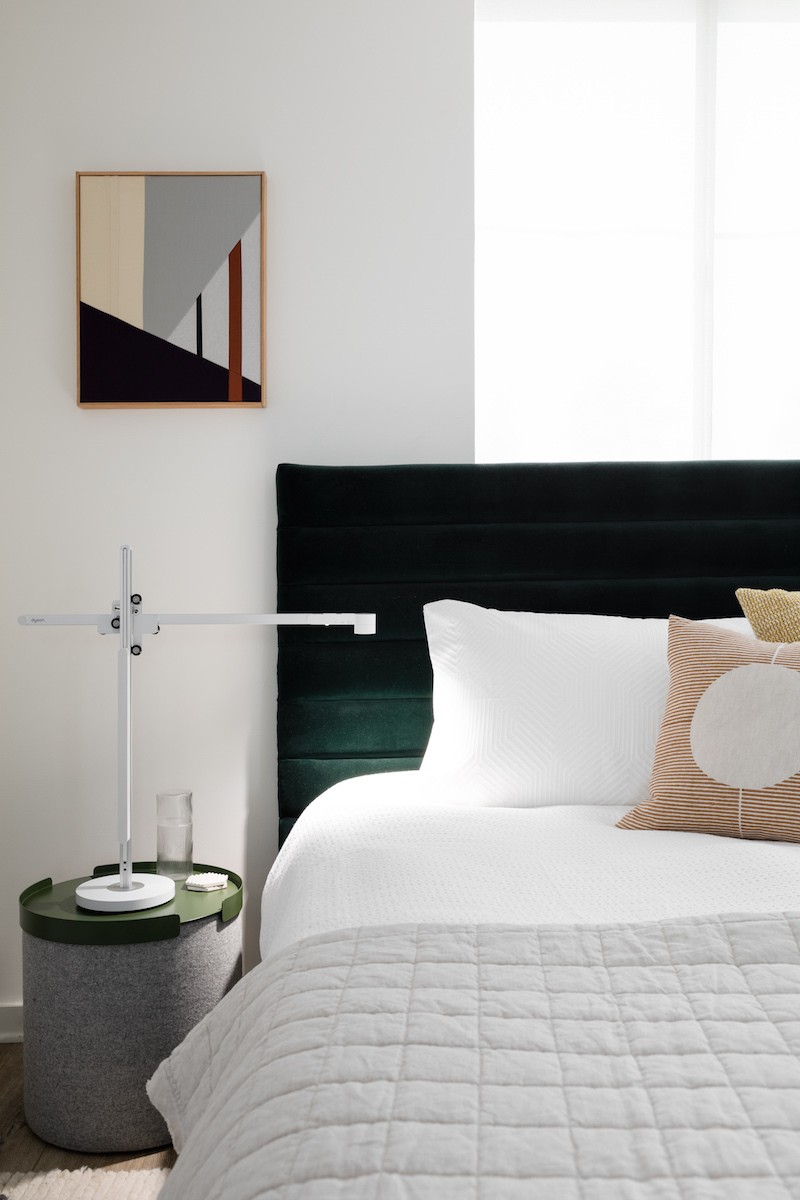
How to improve sleep with light quality, too
Another tip Dr. Winter suggested was being mindful of the lights in my bedroom. “Light interferes with the production of melatonin, which makes us sleepy,” Dr. Winter explains, which means transitioning straight from the bright lights in my apartment—or the artificial blue light from my phone—to no lights when I hop into bed could be making it harder for my brain to receive the signal it’s time to wind down.
The Dyson Lightcycle task light, which I set up next to my bed during this experiment, has two handy settings to support this concept. First, you can sync it to the local light conditions in your area, so as the sun goes down outside, the light from the lamp will gradually get warmer to gear you up for bed.
But since I often go to bed when it’s still light out during the summer (thanks to a 4 a.m. wake-up call twice a week) sometimes that light was still too bright for my bedtime timeline. In those cases, I could manually toggle the light to its warmest setting, so that right when I got home I was already working on getting ready for bed, even as I was going through the rest of my nightly routine.
ADVERTISEMENT
ADVERTISEMENTSports Direct Free Delivery on All Orders! |
With my new sleep-supporting tech in place and the peace of mind about my pollution-less room, it looks like my talent for sleep will live to see another night.
Shop Sleep Tech
Sponsored by Dyson
Photos: Parallel Mirrors/Stephen Paul for Hunker
ADVERTISEMENT
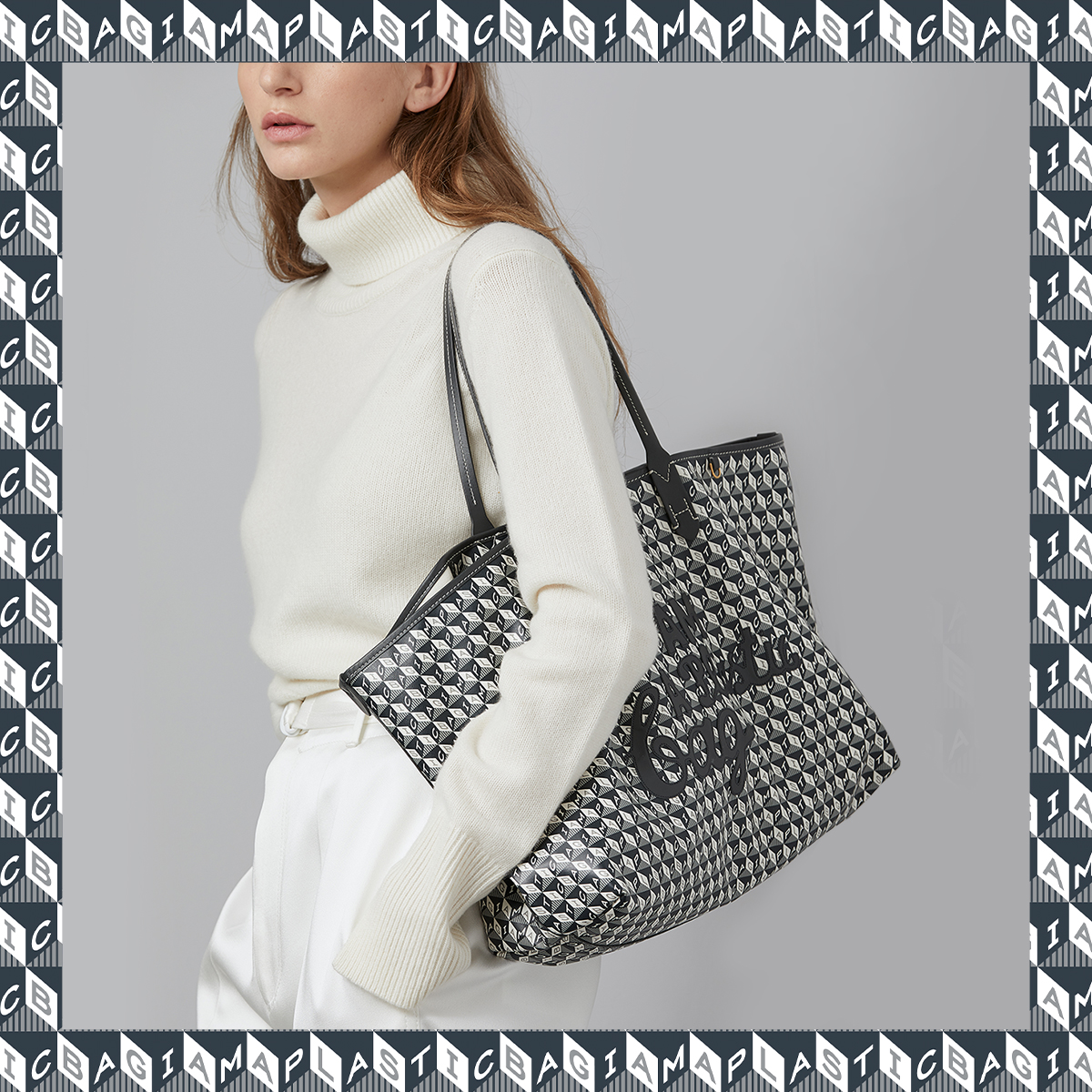
ADVERTISEMENT
Anya Hindmarch - I AM A PLASTIC BAGArtwork depicted: Meike Legler
Author Erin Flynn | Well and Good
Selected by CWC
ADVERTISEMENT
ADVERTISEMENTUp to 30% off Gift Sets |






